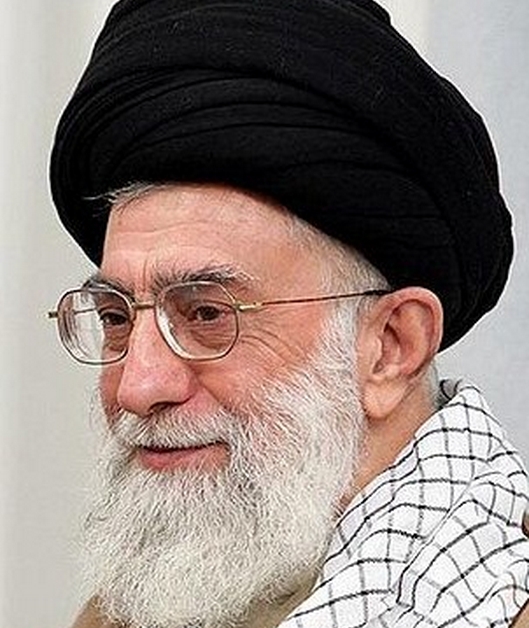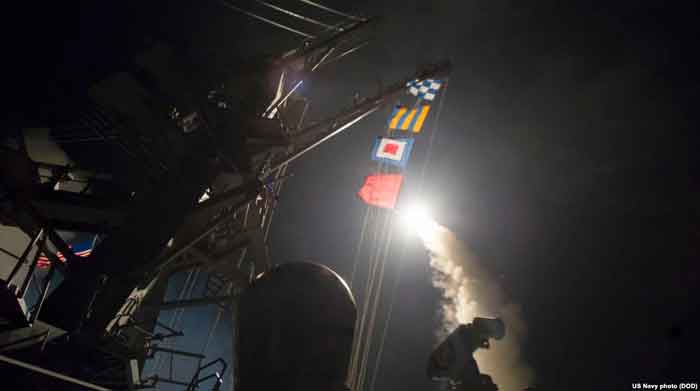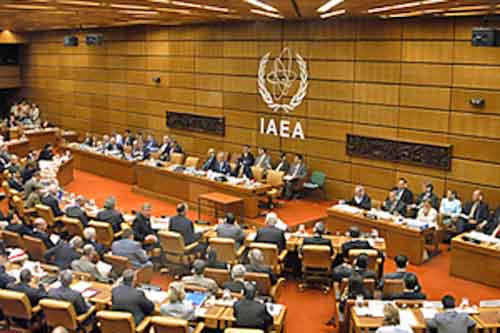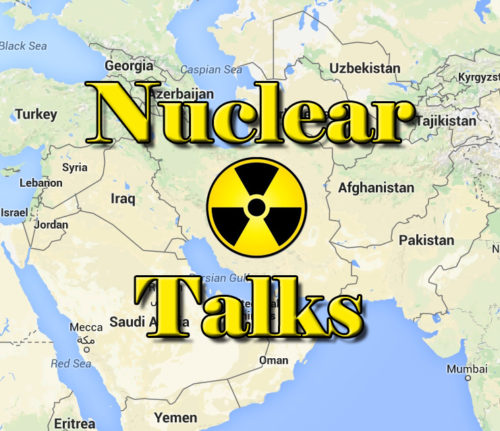WHITE HOUSE — The United States on Friday announced new sanctions targeting the Assad government in Syria and detailed how Hezbollah — already designated a terrorist organization by the United States — has supported the Syrian government crackdown on opposition forces.
The State Department said Syria’s state oil company, Sytrol, is being sanctioned for its role in providing gasoline to Iran, a key supporter of the Assad government.
A statement said the Syrian company’s activities allow Iran to continue developing its nuclear program while helping President Bashar al-Assad and his government oppress Syria’s people.
The U.S. Treasury Department announced new sanctions against Hezbollah for its role in providing support to the Syrian government. These freeze Hezbollah assets under U.S. jurisdiction and prohibit Americans and U.S. companies from dealing with the group.
The Lebanese-based group has been formally designated as a terrorist organization for years and is already subject to sanctions.
Friday’s action highlights what Washington calls Hezbollah’s “integral role in the continued violence the Assad regime is inflicting on the Syrian population.”
The State Department mentioned Hezbollah training, advice and extensive logistical support, including facilitating training of Syrian government troops by Iran’s Islamic Revolutionary Guard Corps Quds Force.
|
|
Press secretary Jay Carney responded this way when asked if the new measures would have real rather than symbolic effects. “No single sanction is going to by itself prevent Assad from getting his last bit of financing, but together collectively the sanctions enhance pressure,” Carney said.
George Lopez, Professor of Peace Studies at Notre Dame, says the U.S. actions are designed to send another clear signal to supporters of Syria’s president.
“The fact that it occurs right after the day after the Iranian conference, where they tried to build the picture that there are many supporters of the Damascus regime, I think Washington sends a signal to others who were there that you don’t become a supporter of Damascus without it potentially incurring some real costs to you,” Lopez said.
Lopez called the timing of the U.S. actions significant as Secretary of State Hillary Clinton prepared for talks with Turkish government officials and Syrian opposition activists.
Clinton is expected to announce more than $5 million in new humanitarian aid for Syrian refugees fleeing fighting. Britain Friday announced it is providing nearly $8 million in communications equipment and medical supplies.
The United States has continued to rule out moving beyond non-lethal aid to the opposition.
In remarks this week, President Barack Obama’s counterterrorism adviser, John Brennan, said the president has taken no options off the table, including consideration of a “no-fly zone.”
|
|
“You can imagine that just like happened in Libya, the situation in Syria has been now evolving over the past number of months and the U.S. government always looks at situations and looks at what types of scenarios might unfold and then accordingly looks at what type of contingency plans might be available to deal with certain circumstances,” Brennan said.
Jay Carney cautioned reporters on Friday not to “over-interpret” Brennan’s remarks about a no-fly zone, saying he was making the point the administration has stressed all along that President Obama and his advisers are constantly evaluating all options.
In previous actions, the U.S. barred Syria’s central bank and top Syrian government officials from access to U.S. markets. Mr. Obama also targeted individuals or entities helping the Syrian and Iranian governments use technology to act against the opposition.
Source: VOA News






